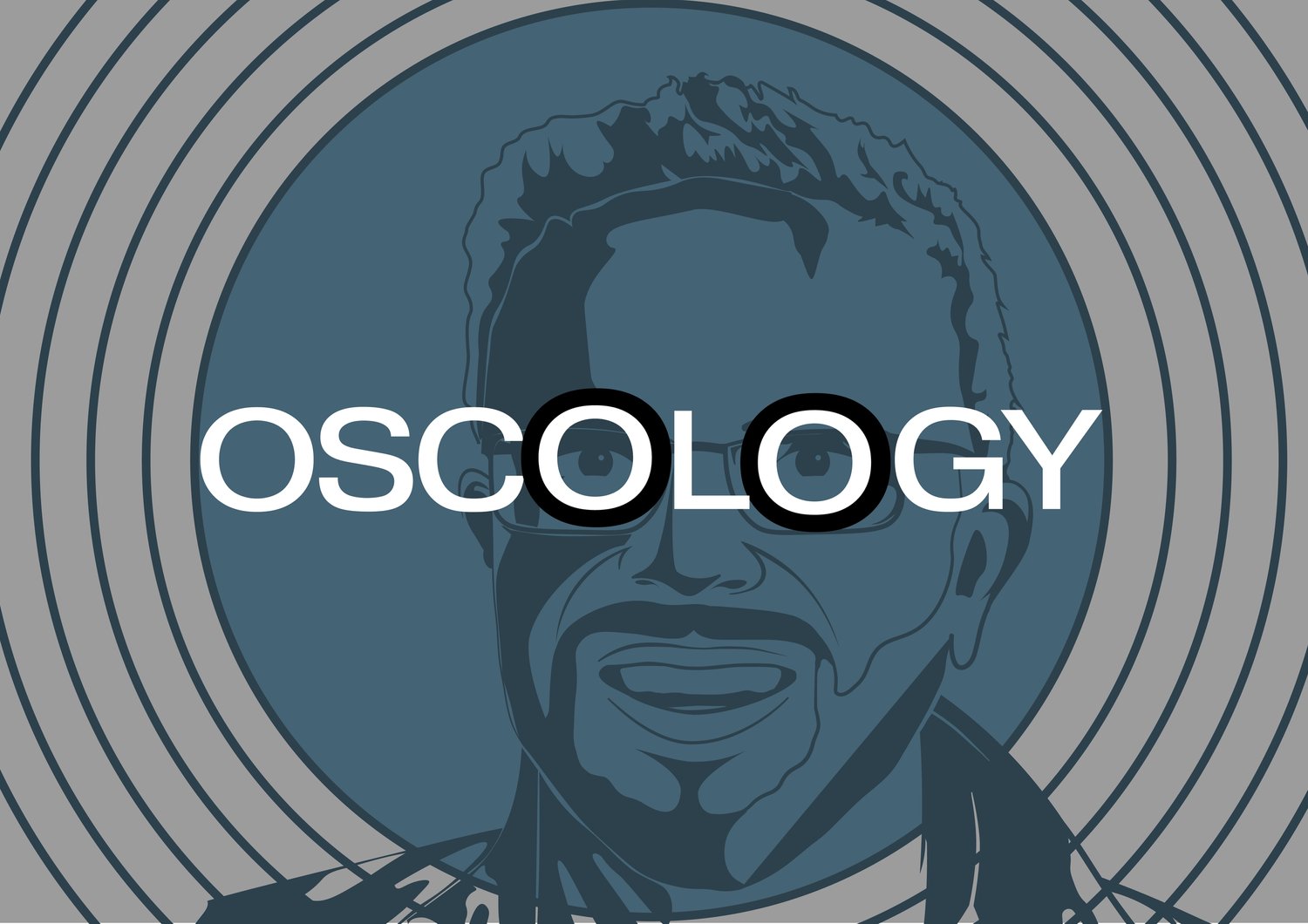The Magnificent Power of “I Don’t Know”
Where Knowing Everything Means Knowing Nothing
In my early days as a consultant, it was always tempting to come up with an answer to any question a client would ask me. The classic Fake-It-‘Til-You-Make-It Strategy. Or there was the Deflection Strategy, where you can politely dodge a question with phrases such as “I’m not sure I’m the best person to answer that…” or “Here’s what I can tell you…”. I’ve seen plenty of other panicky nonsense too. The Give-An-Answer-To-An-Entirely-Different-Question Strategy works surprisingly well, especially if the client isn’t really listening properly in the first place. And then there’s the Buy-Time-With-A-Long-Winded-Answer-So-That-Everyone-Forgets-The-Original-Question Strategy. Sorry, where were we?
I am grateful to have been surrounded by mentors who demonstrated how to avoid these traps. And these days, I really enjoy saying ‘I don’t know’. When you confess to not knowing the answer to one question, it accentuates the credibility of all your other answers. So while there’s certainly a skill in being able to concoct intelligent answers to every single question, be careful not to bury your bright diamonds of knowledge under a thick layer of coal.
Maybe This Time I Should Shut Up and Listen
You’re a thoughtful, worldly, professional human being, and you have every right to express your opinion on any topic you choose. But there are times when saying “I don’t know” is a matter of deference to others who have more depth of personal knowledge or experience. There’s something powerful about admitting that you still need to learn from others on a particular topic rather than professing to know all the answers yourself.
Personally, I have loved sharing details from the fifteen years I have lived and worked in Japan, Singapore, Hong Kong SAR, and Mainland China. But when I’m asked questions such as “What do they think of this in Japan?” or “What do they do about that in China?”, I’m very wary to give an answer unless I’m sure that I can make an accurate generalisation. In this regard, saying ‘I don’t know’ can be a sign of humility, rather than a sign of ignorance. I wish that more news commentators would at least preface their opinions with similar disclaimers. Or indeed more privileged white males when asked their opinion of the #MeToo movement…
Authenticity, Vulnerability and Curiosity
In business as in personal life, we need to be our authentic selves. It’s just too tiring trying to be anyone else. So if you’re in a situation where you don’t know, admitting so can be a great way of breaking down walls and building trust. There’s a time for confidence and assertiveness, and then there’s a time for refreshing honesty.
The world is bewilderingly complex, and we shouldn’t be too hard on ourselves if we can’t speak intelligently on the geopolitics of Syria, the effects of climate change, and the workings of Blockchain for a combined ten minutes. But there’s a difference between perpetual curiosity and willful ignorance. We need to be continual learners and embrace each ‘I don’t know’ not as a badge of pride, but as a prelude to discovering more.
For the LinkedIn version, see here.
For the Facebook version, see here.

